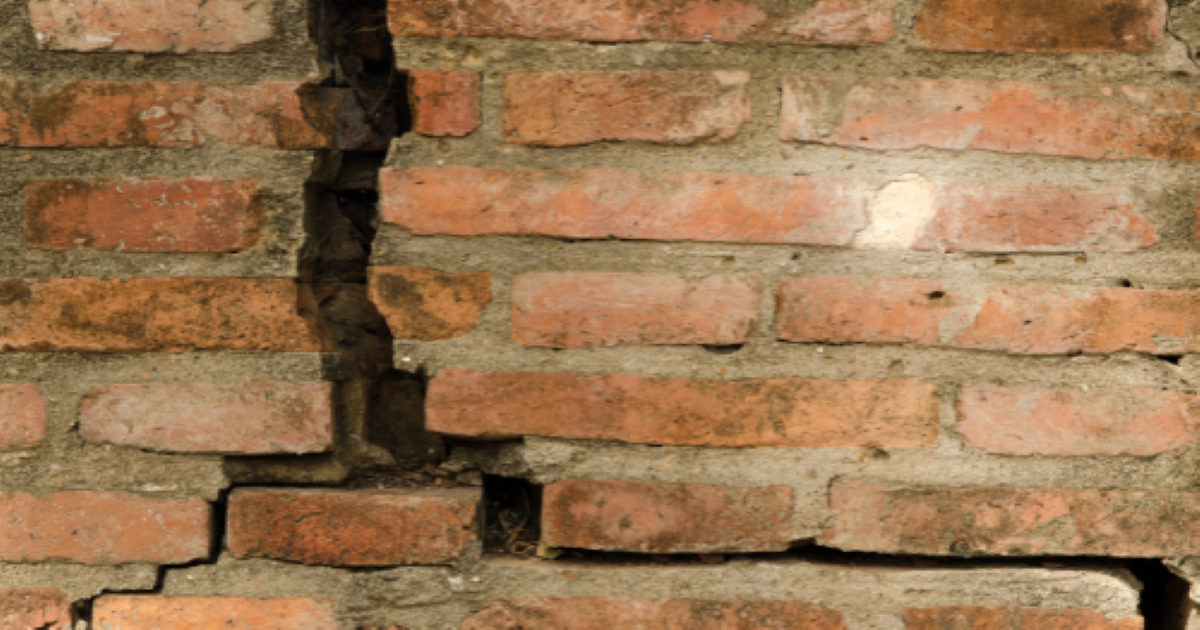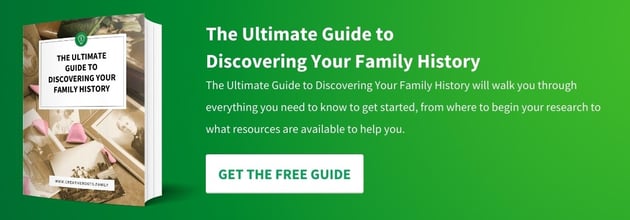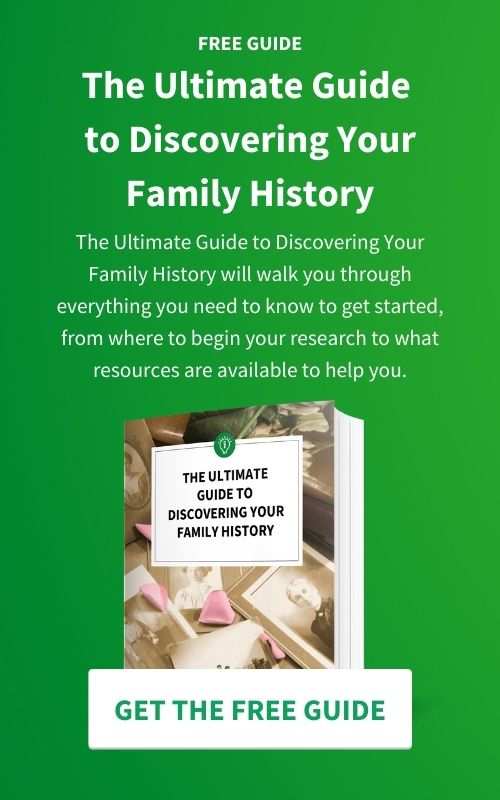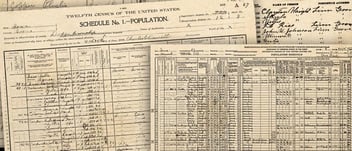Resolving Roadblocks in Genealogy Research: Tips to Help You Overcome Obstacles
Are you having trouble finding information on your ancestors? Do you feel like you're hitting a brick wall in your research? Don't worry, you're not alone. Many family historians face brick walls during their research. But there are ways to overcome these obstacles.
In this article, we will be discussing tips to help you resolve brick walls in your genealogy research. We'll be talking about ways to find missing information, how to access difficult-to-reach records, and what to do when you come up against a dead end. By following these tips, you'll be able to overcome any obstacle in your research and find the information you need to continue your family history.
Understand Why The Brick Wall Exists
When you encounter a brick wall in your genealogy research, it can be frustrating. But it's important to remember that every obstacle is an opportunity to learn something new. In order to overcome the hurdle, you first need to understand why it exists.
There are many reasons why brick walls may exist in your research. Perhaps the records you're looking for have been lost or destroyed. Or maybe they've never been created in the first place. It's also possible that the information you need is simply not available online (yet). Whatever the reason, understanding why a brick wall exists will help you determine how best to resolve it.
If records have been lost or destroyed, there may still be other ways to obtain the information you need from them - such as through secondary sources like obituaries or family histories written by relatives. If no records exist because they were never created, try thinking outside of traditional sources and look for clues in alternative places like diaries, letters, and newspapers.
Identify What Information Is Needed To Overcome The Brick Wall
One of the most frustrating things about researching your family history is hitting a brick wall. You may have searched high and low for a particular ancestor, but come up empty-handed. Don't despair! There are ways to overcome these obstacles and find the information you need.
First, take a step back and assess what information you already have. This will help you identify what pieces are missing that are preventing you from finding your ancestor. Once you know what data points you're missing, look for other sources that might contain this information. Try searching online databases, government records, or newspapers – anything that might give you clues about your ancestors' lives.
If traditional research methods aren't working, get creative! Talk to living relatives who might remember stories about your elusive ancestor or ask around in local historical societies if anyone has heard of them before. Sometimes all it takes is asking the right person to finally uncover that long-lost relative
Gather Clues From Other Sources
When you hit a brick wall in your genealogy research, it can be frustrating. But don't give up! There are ways to overcome obstacles and find the information you're looking for.
One way to resolve a brick wall is to look for clues from other sources. For example, if you can't find an ancestor's birth record, try looking for records of their baptism or marriage. Or if you know where they lived, see if there are any local history books that might mention them. You may also be able to find relatives mentioned in obituaries or family trees posted online. By gathering clues from other sources, you may be able to piece together enough information to solve the mystery of your ancestor's life story.
Use Creative Problem-Solving Techniques
Brick walls are inevitable when doing genealogy research, but there are ways to overcome them. By using creative problem-solving techniques, you can often find the information you need.
Here are some tips for resolving brick walls in your genealogy research:
- Try different search strategies. When you hit a brick wall in your research, it may be because you’re using the same old search strategy. Sometimes all it takes is trying something new to find the information you need. Be sure to try different keyword combinations and use both general and specific terms when searching databases or records collections online. You may also want to try alternate spellings of names – especially if you know that a name was spelled phonetically in earlier centuries.
- Check for errors and omissions. It’s always possible that the reason you can’t find someone in an index or database is because there was an error made when the data was inputted or indexed – so don’t give up too easily! If possible, check original source materials rather than relying solely on secondary sources like indexes and transcriptions. Verify what others have found before accepting it as fact; mistakes get repeated time after time in family trees unless they're corrected.
- Get help from other researchers. One of the best ways to overcome brick walls is by networking with other researchers who might have already solved a similar problem.
Try Alternative Research Strategies
When you encounter a brick wall in your genealogy research, it can be frustrating. But don't give up! There are often ways to overcome obstacles and find the information you're looking for.
One way to resolve a brick wall is to try alternative research strategies. For example, if you're having trouble finding records for an ancestor who lived in a rural area, try searching for records of their neighbours instead. Or if you know your ancestor's name but not much else about them, try using Soundex or other phonetic search tools.
There are many other innovative research strategies that can help you break through barriers and uncover new clues about your ancestors' lives. So next time you hit a wall in your research, remember: there may be more than one way to skin this cat!
Conclusion
Researching your family’s history can be a challenging but rewarding process. If you encounter any brick walls while doing your research, don't give up! There are many ways to overcome obstacles and find the information you're looking for. By using creative problem-solving techniques, networking with other researchers, and trying alternative research strategies, you can often resolve even the most difficult brick walls. So keep at it!
Download our free guide: The Ultimate Guide to Discovering Your Family History to help you find your way. If you need some guidance, contact us by visiting our website at www.creativeroots.family.

Article by Carol Walsh
Carol Walsh is the CEO of Creative Roots, a professional genealogy company. She has a passion for preserving family history and storytelling. Carol's research methodology centers around fact-finding and publishing in a format that readers can use to preserve the stories. Her ultimate goal is to help families connect with their past and each other.






